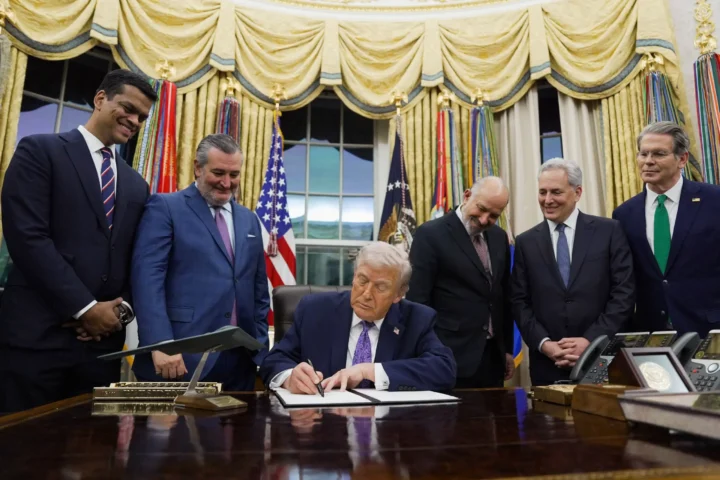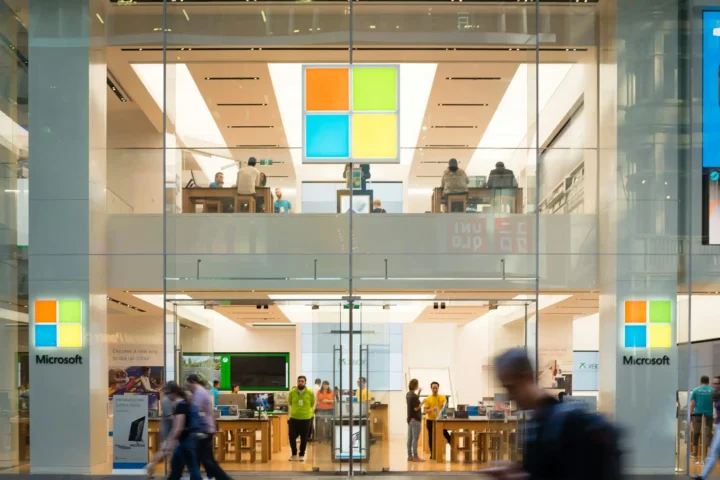In a masterstroke of legislative maneuvering, Mark Zuckerberg is once again rewriting the rules of the tech accountability game. But this time, his tactics carry profound implications not only for rival companies like Apple and Google but, critically, for the very safety of our children online.
Zuckerberg, whose Meta empire controls Facebook and Instagram, has launched a sophisticated lobbying and advertising blitz aimed at convincing Congress that safeguarding kids online should not fall on social media platforms themselves, but on Apple’s and Google’s app stores. His logic is deceptively simple: app stores, he argues, should verify shoppers’ ages and require parental consent for children to download social media apps. On the surface, this appears practical—app stores are indeed a convenient checkpoint. Yet beneath this logic lies a shrewd strategy designed to deflect from the deeper structural harms inherent to platforms like Instagram and Facebook, which continue to profit from algorithms that stoke youth anxiety, addiction, and harm.
Age verification is a useful tool—but not a substitute for accountability
Last year, a powerful bipartisan coalition seemed poised to enact the Kids Online Safety Act (KOSA), a significant legislative step that would have required Meta and others to make meaningful design changes to protect kids from bullying, exploitation, and other harms. Yet Zuckerberg succeeded in shelving KOSA, arguing it infringed upon free speech rights. Now, by pivoting responsibility to the app stores run by rivals, he’s deftly turned his critics’ solutions against them. His message resonates surprisingly well, even among the GOP majority and some parent groups who, until recently, saw Meta as the chief villain in the digital space.
But we should be wary. Age verification at the app store level is a valuable tool—but it’s not a comprehensive solution. Zuckerberg’s clever misdirection obscures the fundamental issue: the dangerous business model of platforms designed to maximize user engagement through algorithmic feeds that push harmful content to vulnerable youths. Meta’s focus on age verification conveniently ignores the central problem: it is not merely that kids access social media too young, but that these platforms, as currently designed, incentivize harmful behavior and content, regardless of age verification.
We ask shopkeepers to verify ages for alcohol sales, true, but we don’t absolve liquor companies from responsibility for product safety and marketing. Similarly, we cannot let social media giants off the hook. The safety of our kids demands more than token measures; it requires a genuine commitment to accountability, transparency, and fundamental design changes.
Ironically, Zuckerberg has managed to co-opt a core demand of concerned parents—age verification—and transformed former adversaries into unlikely allies. Utah recently became the first state to mandate age verification on app stores, and other states are following suit. Yet this shift risks complacency: legislators and parents may now mistakenly believe they’ve addressed the crisis comprehensively.
The real test for Congress is whether it can avoid falling for Zuckerberg’s maneuver and recognize that app store age verification, though beneficial, cannot stand alone. It must be combined with laws like KOSA that compel structural accountability from platforms themselves, directly confronting the algorithms and business models driving harm.
Congress must see Zuckerberg’s move for what it is—a distraction. True protection will require confronting social media’s core business models head-on, no matter how deftly tech giants try to shift the conversation.











